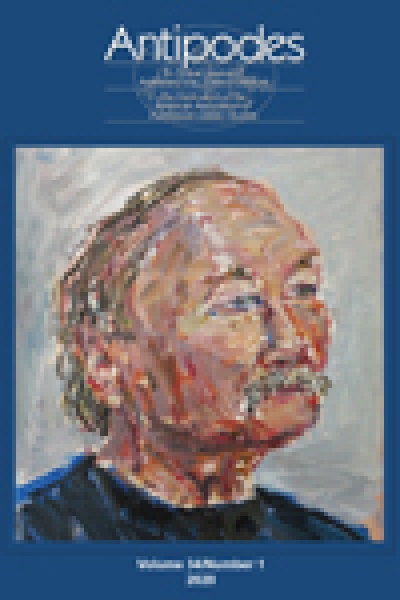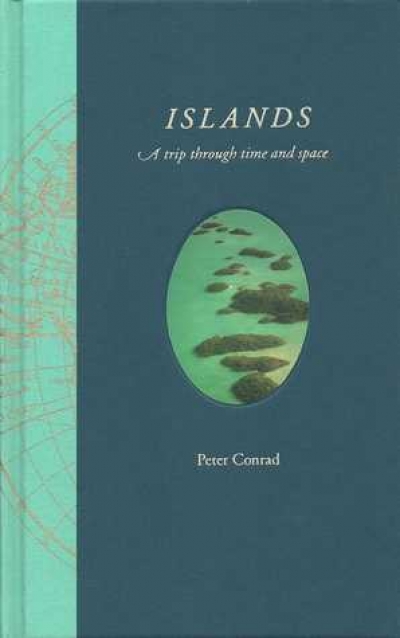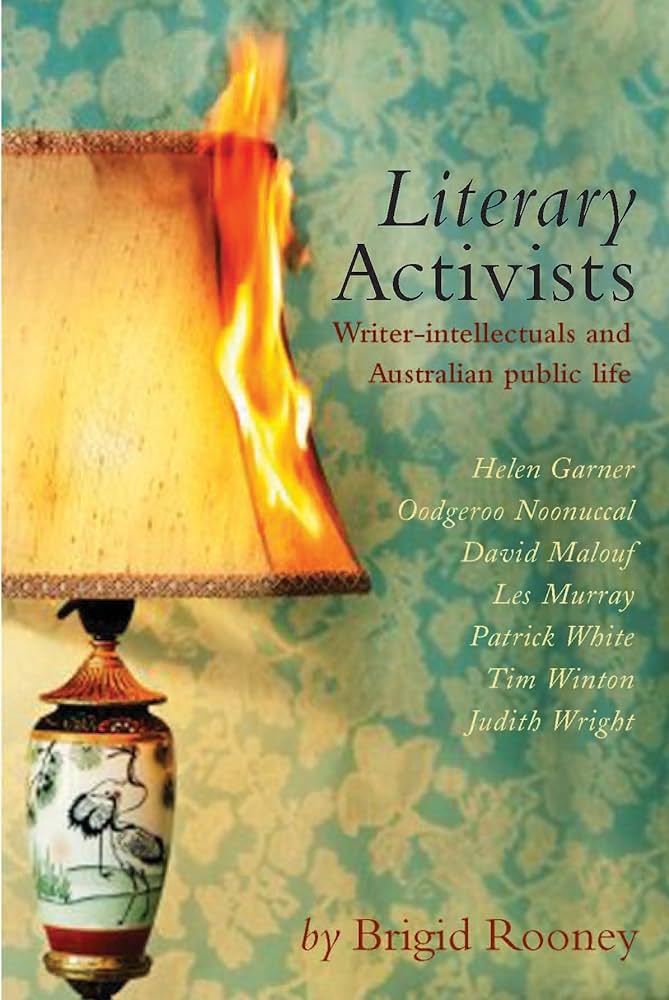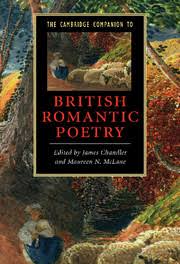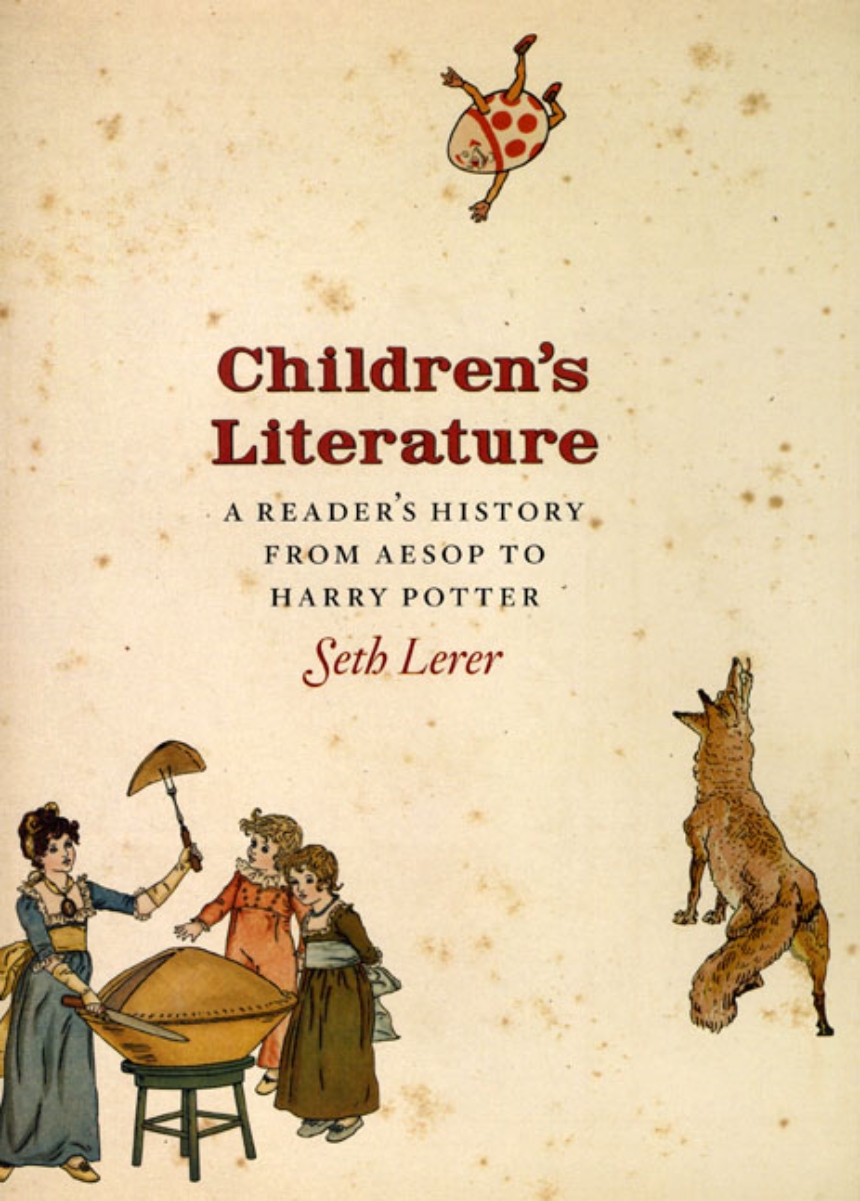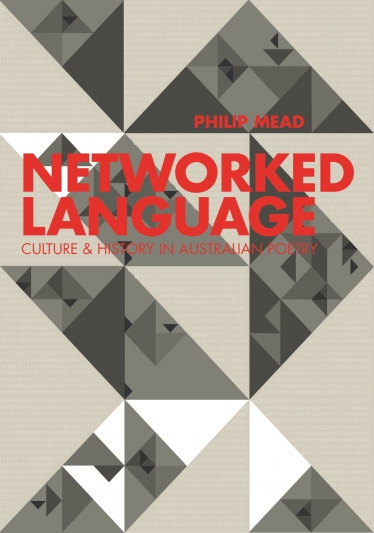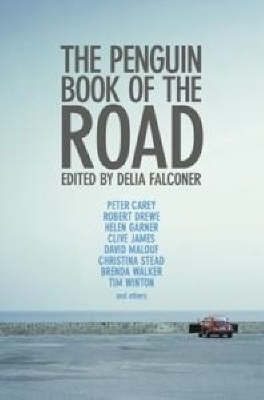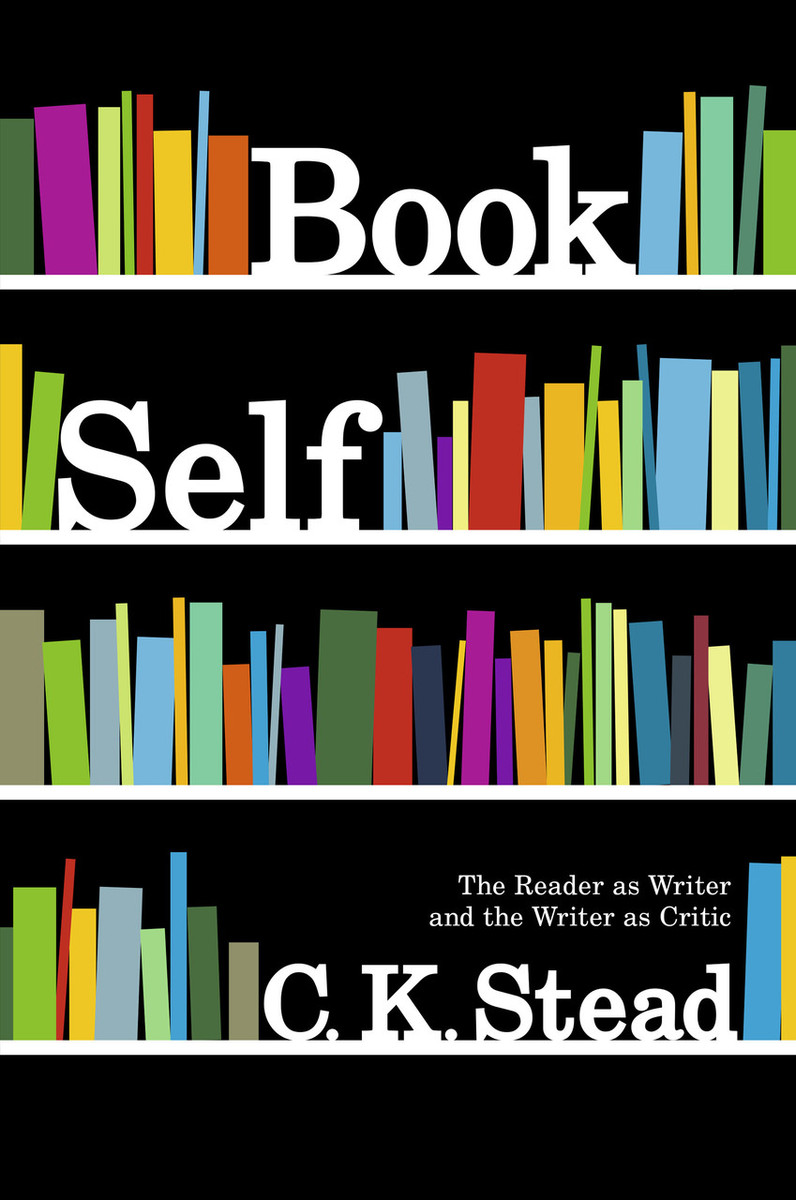Literary Studies
The latest Antipodes opens with Katherine Bode’s provocative discussion of Roger McDonald’s The Ballad of Desmond Kale. Dissecting McDonald’s ‘fantasy of an all-white, all-male Australian society’, Bode’s essay also criticises Inga Clendinnen for exempting McDonald’s novel from her much-aired arguments against historical fiction. Bernadette Brennan draws on Maurice Blanchot to explore ‘the ungraspable experience of death’ evoked in works by Alex Miller and Noel Rowe, and Lyn McCredden has philosopher René Girard in mind when revisiting the familiar territory of the Lindy Chamberlain case and the ‘rituals of perpetual scapegoating’. Helen Gildfind ‘meets’ Janet Frame through Frame’s autobiographies, and reflects on the ‘reader’s power to decide the autobiographical status of a text’. The result is interestingly self-reflexive, but some readers might prefer more Frame and less Gildfind.
... (read more)‘There was a man who loved islands. He was born on one, but it didn’t suit him, as there were too many other people on it, besides himself.’ So begins D.H. Lawrence’s bleak little fable ‘The Man Who Loved Islands’. Lawrence’s islander wants control, sole possession, mastery of people and place. When his first island, fertile and beautiful, fails him because of the vast expense of making it perfect, he moves to a smaller one where, without love or desire, he drifts into marriage and fatherhood. Again he escapes. On the third and final island – a barren rock – his total isolation brings madness and death. The moral is clear. Lawrence thought of community as essential; without it we cannot be human.
... (read more)Literary Activists: Writer-Intellectuals and Australian Public Life by Brigid Rooney
While rehearsing in Martin Place for the recent Sydney Festival, my daughter found herself dancing on a plinth while a heckler below chanted ‘Wanker!’ throughout. On another platform, her fellow artists, all of them performing their intricately choreographed work, endured the calls of another passer-by, ‘You’re so predictable!’ In Australia, everybody’s a critic.
... (read more)The Cambridge Companion to British Romantic Poetry by James Chandler and Maureen N. McLane
The Cambridge Companion series has been a very successful venture, presenting readers with handy, up-to-date collections of specially commissioned essays by leading scholars on a wide range of authors and topics. This co-edited volume on British Romantic poetry encompasses many of the key topics in Romantic literary studies of the last two decades: historicism, canonisation, antiquarianism, Gothicism, the lyric, the rise of standardised English, women’s writing, colonialism, poetry’s relationship with the novel and with philosophy, and the legacy of Romanticism in contemporary poetry. There are also several essays which, in their originality and complex argumentation, cannot be so easily summed up and labelled: a brilliant reading by James Chandler of Wordsworth’s ‘Intimations of Immortality’ Ode as an important continuation of the eighteenth century’s ‘progress of poetry’ theme; an analysis of Romantic-era poetry which argues that the study of Romantic poetry belongs as much to media history as to literary scholarship; and an essay by Kevis Goodman which, by tracking the discursive migration of nostalgia from medical discourse into the heart of Romantic aesthetics, challenges the usual clichés of this period’s poetry as a de-historicising ‘exile from the present’, a poetry of return and retreat.
... (read more)Becoming a resurrectionist, a digger-up of dead bodies, was not a conscious career choice for me. Yet, along with two colleagues, I find myself accused of just that. We occupy this position because we have recently edited and published two previously unpublished works by Sir Walter Scott: The Siege of Malta and Bizarro (Edinburgh University Press, edited by J.H. Alexander, Judy King and Graham Tulloch, £45 hb). The appearance of our edition provoked a storm in a tea- cup in Britain, beginning with the Scotsman’s weekend edition, Scotland on Sunday, and spreading from there to the Guardian, the Daily Telegraph and The Times. The storm died down quickly, but the issues remain.
... (read more)Children’s Literature: A reader’s history, from Aesop to Harry Potter by Seth Lerer
‘Dress me and put my shoes on; it is time, it is the hour before dawn, so that we should get ready for school.’ This colloquy, probably from Gaul in the third or fourth century, prescribes the ideal child’s conversation, from waking and greeting his parents politely to walking home, with his slave, from school at noon.
Seth Lerer’s history of children’s literature starts with papyrus and ends with Harry Potter. It is called a ‘reader’s history’ because Lerer does not only look at literature written for children – a comparatively recent phenomenon. He also looks at what children actually read: abecedaria, excerpts from Virgil and Homer, versions of Aesop, lists and plays, folktales, prayers and psalters, boy scout manuals, magazines, and chapbook versions of Robinson Crusoe.
... (read more)Networked Language: Culture & history in Australian poetry by Philip Mead
Philip mead’s Networked Language: Culture & History in Australian Poetry is an extraordinary piece of scholarly writing: large, ambitious, meticulously researched, brilliantly written and quite original. It is laudable not only for these inherent virtues but also, it has to be said, because of its very existence. Australian Scholarly Publishing is to be commended for publishing such a work. If poetry is marginal to Australian public culture (as we are routinely told), then works about Australian poetry are all but invisible. It is all the more notable, then, that Mead’s work should join another recently published, large-scale work on modern Australian poetry: Ann Vickery’s Stressing the Modern: Cultural Politics in Australian Women’s Poetry, published by Salt in 2007. Both Mead’s and Vickery’s books use Australian poetry as a way of intervening in, or instigating, debates in modern politico-cultural history. (And to these studies we may also add another ambitious piece of poetry criticism, John Kinsella’s more globally focused Disclosed Poetics: Beyond Landscape and Lyricism, Manchester University Press, 2007.)
... (read more)Roads are not places, but ways to and away from them, perhaps in fearful flight or in buoyant expectation. Travelling them can engender boredom (‘Are we there yet?’) and horror (‘Will we ever get there, alive?’). Roads are means of reaching those fabled and amorphous Australian locations – the city, the bush, the beach. Each of these has attracted anthologies (some from Penguin). Delia Falconer’s task, as editor of The Penguin Book of the Road, is less straightforward, being concerned with how we travel rather than where we arrive, with highways but also with indirect, crooked ways. In a masterly and challenging introduction, she warns us of what to expect.
... (read more)Book Self: The reader as writer and the writer as critic by C.K. Stead
C.K. Stead’s new collection of non-fictional prose confirms his reputation as New Zealand’s grand old man of letters, still swimming, aged seventy-six, against the tide. The author of fourteen books of poetry, as many novels, and several critical works which followed from his highly influential The New Poetic in 1964, Stead continues to be under-read and under-appreciated outside his own country, despite his outward-looking vision, the cross-national themes of his writing and the translation of his work into several European languages. The parochialism of ‘mainstream’ literary critical culture is nicely illustrated by an approving British review of his novel My Name Was Judas (2006), which Stead quotes in one of the journal entries included in this anthology. The reviewer ‘praises’ Stead as ‘an elderly and obscure New Zealand author who ... must surely be a prime candidate for the Nobel Prize’. Well might the Nobel bridesmaid remark, ‘How’s that for even-handed!’.
... (read more)‘This book is a celebration of art that doubles as a critique of religion,’ writes Peter Conrad in the introduction to this enormous book. Neither aim is especially unusual, but their ambitious fusion here creates a questing mesh of narratives, huge in scope, in which architecture, music, literature, drama, motion pictures, poetry and philosophy in many schools and eras are gathered under the sprawling rubric of art, and no religious tradition is excluded. At times it feels as if you are reading a book about everything, and its restlessness carries you through thirty-three extremely solid, occasionally indigestible chapters, beginning with Mary Shelley’s Frankenstein.
... (read more)

